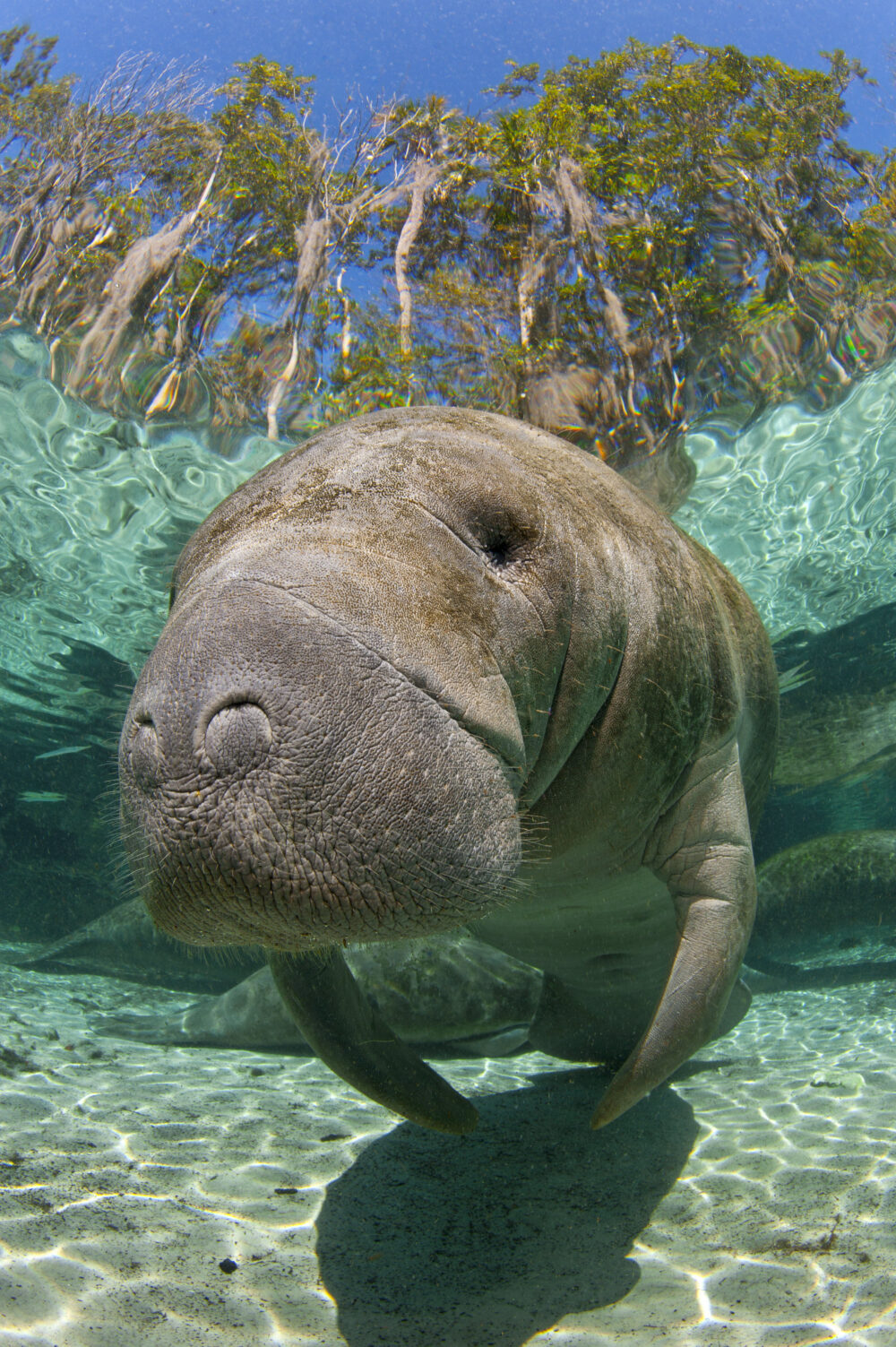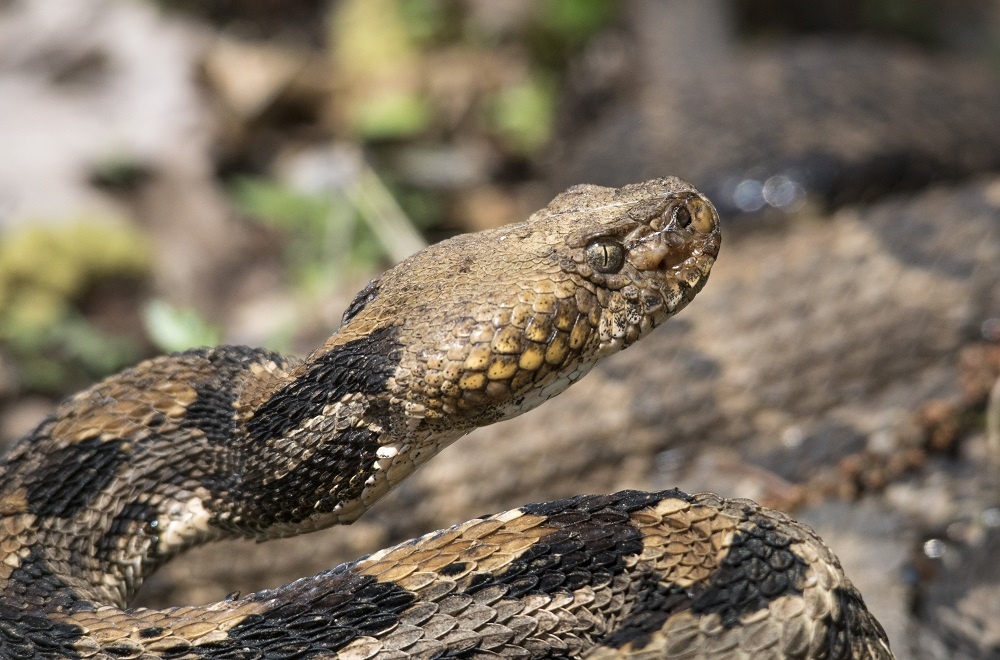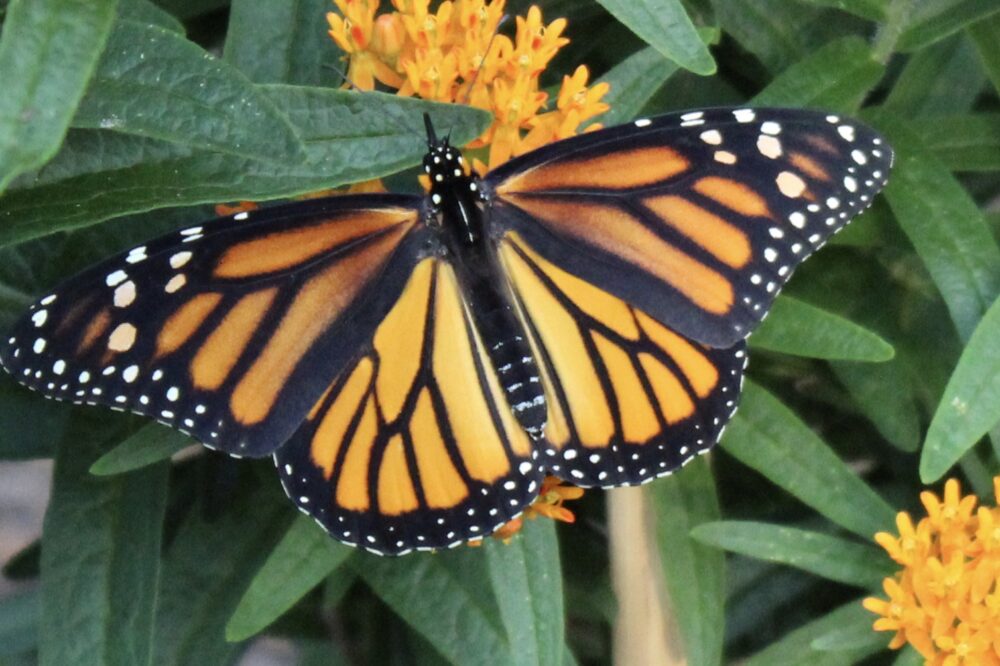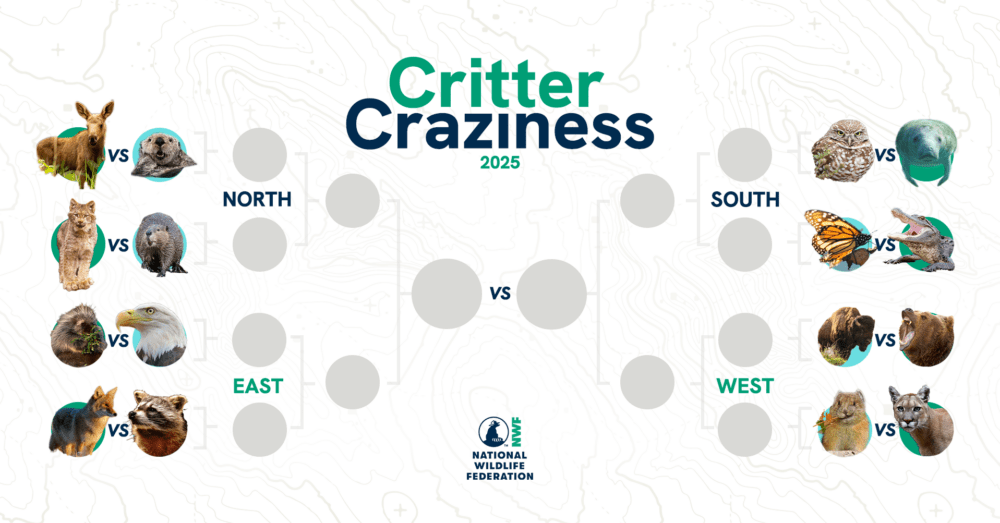We have much more to do and your continued support is needed now more than ever.
Dangerous Waters: More Pilot Whales Stranded in Florida
UPDATED BELOW
On January 22nd eight short-finned pilot whales died near Fort Myers, Florida and another six whales are unaccounted for. Pilot whales are normally deepwater creatures, and can become easily stranded in shallow coastal waters. Unable to escape and lacking the cushioning support of water, the whale’s body starts to collapse under its own weight, or they can even drown if their blowholes are covered by high tide. Many stranded whales have to be euthanized.
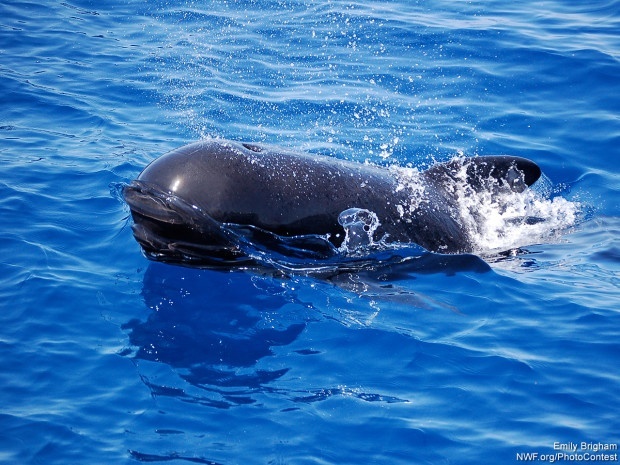
The Family that Swims Together
Strandings are far from uncommon among whales, and pilots are particularly prone to it. As social creatures, pilot whales move in pods that can be anywhere from usual groups of 10–30 to as many as a hundred. In times of distress pilot whales can emit a special call to bring the other members of their pod for aid. It’s this close social bond that scientists think leads to some mass strandings. If one pilot whale gets sick or confused, the entire pod may follow them. In the Everglades stranding in December, the rest of the pod swam as close as they could to their beached members and simply refused to leave the other whales behind. Other underwater signals such as dolphins or human noise pollution like sonar can confuse whale pods and lead them astray as well.
Something in the Water?
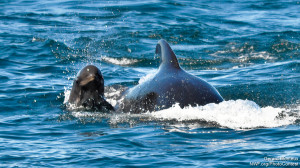
Since the oil spill, NOAA has been conducting an ongoing investigation into the unusual number of dolphin and whale deaths in the northern Gulf of Mexico, and the short-finned pilot whale is among the species they are studying.
Scientists believe two close cousins of pilot whales—orcas and bottlenose dolphins—are harmed by oil. But if any pilot whales have been affected by BP’s oil we might not know, as the bodies of marine mammals are rarely recovered.
For now, we have to wait on the study of these beached pilot whales to find out what part they play in the larger picture of the species’ health.
UPDATE 1/24: Twenty-five more pilot whales have been found dead near Kice Island, Florida. Apparently these whales were from the same group previously seen near Naples. Sonar is being looked at as a potential contributing factor, but the Navy has reportedly not been using sonar in the area.
Also, early necropsy results from the whales stranded earlier in the week near Fort Myers have been released. Like the whales in the December Everglades stranding, these pilot whales were underweight and had not eaten in several days.
How to Help Stranded Whales
As heartbreaking as it is to find a stranded whale, there is a way to help. If you ever see a stranded whale, contact the Mammal Stranding network immediately. There’s even an app for it. Quick reporting can perhaps help prevent another pod from beaching in a vain attempt to help their friends.
![]() Make sure all of BP’s Clean Water Act fines are dedicated to restoring the Gulf for dolphins, pilot whales and other wildlife!
Make sure all of BP’s Clean Water Act fines are dedicated to restoring the Gulf for dolphins, pilot whales and other wildlife!















